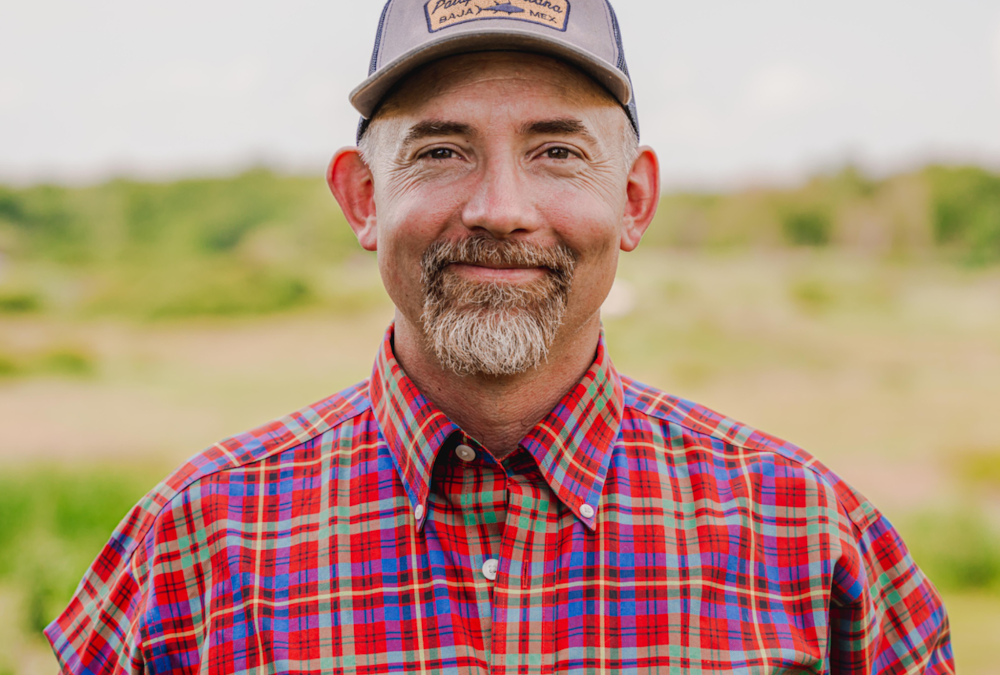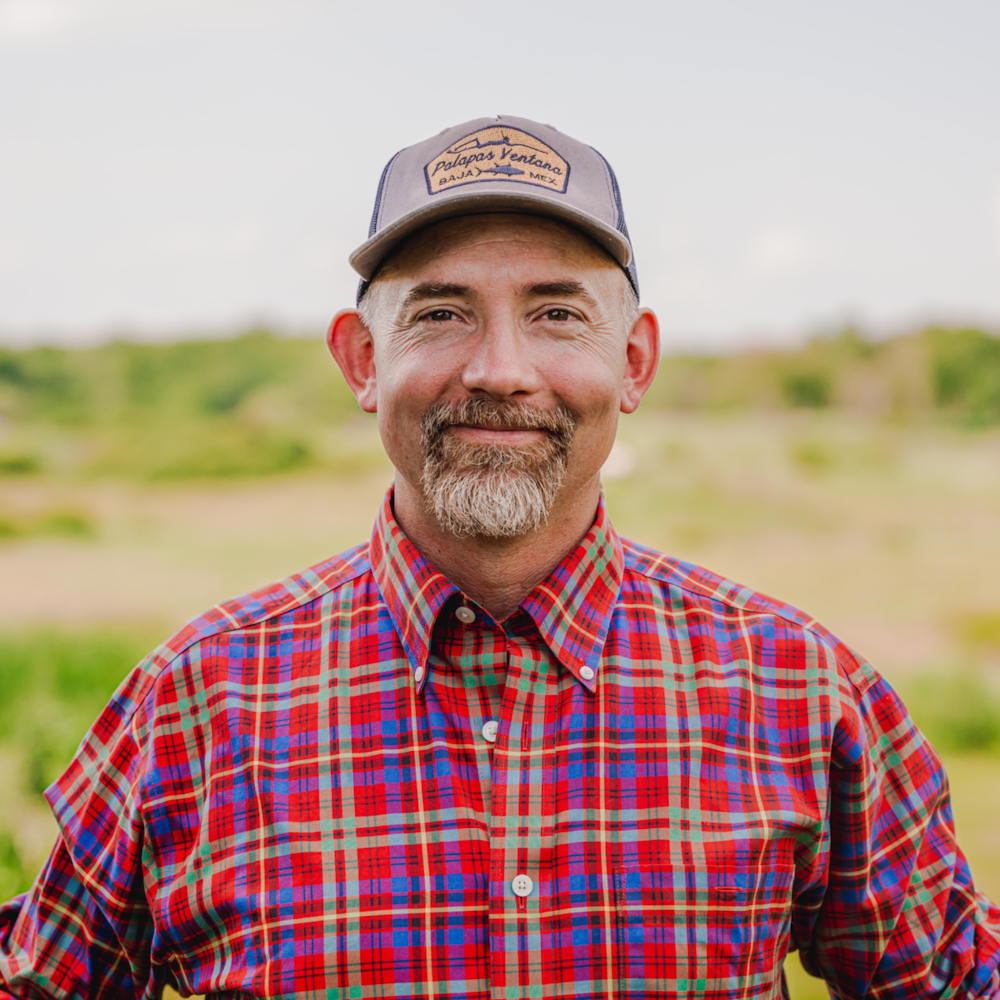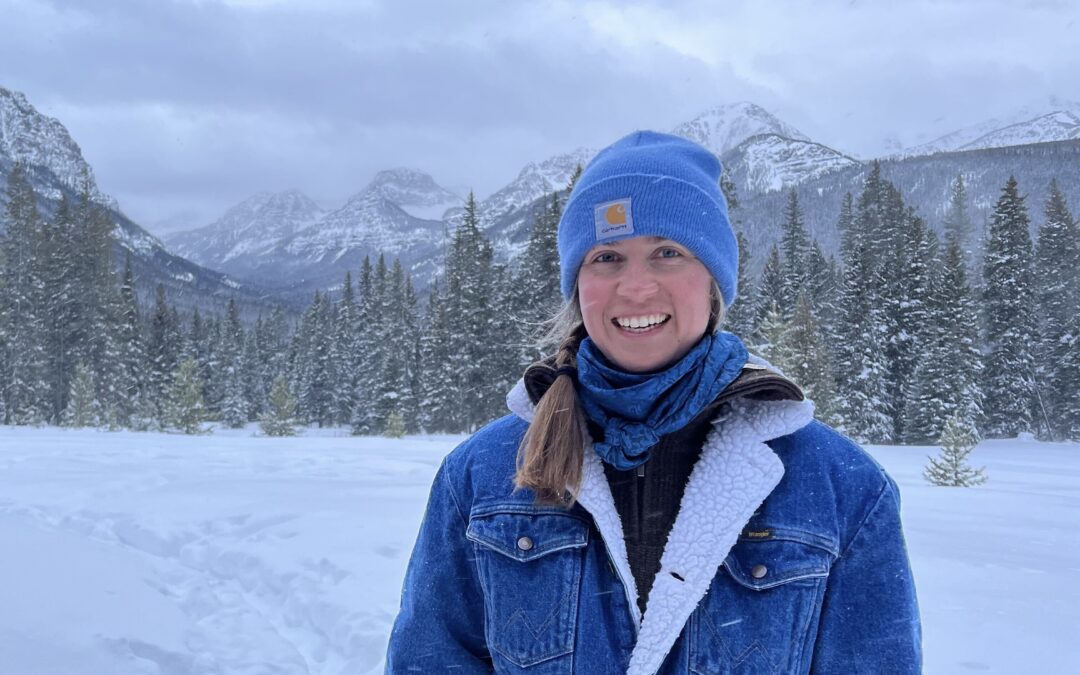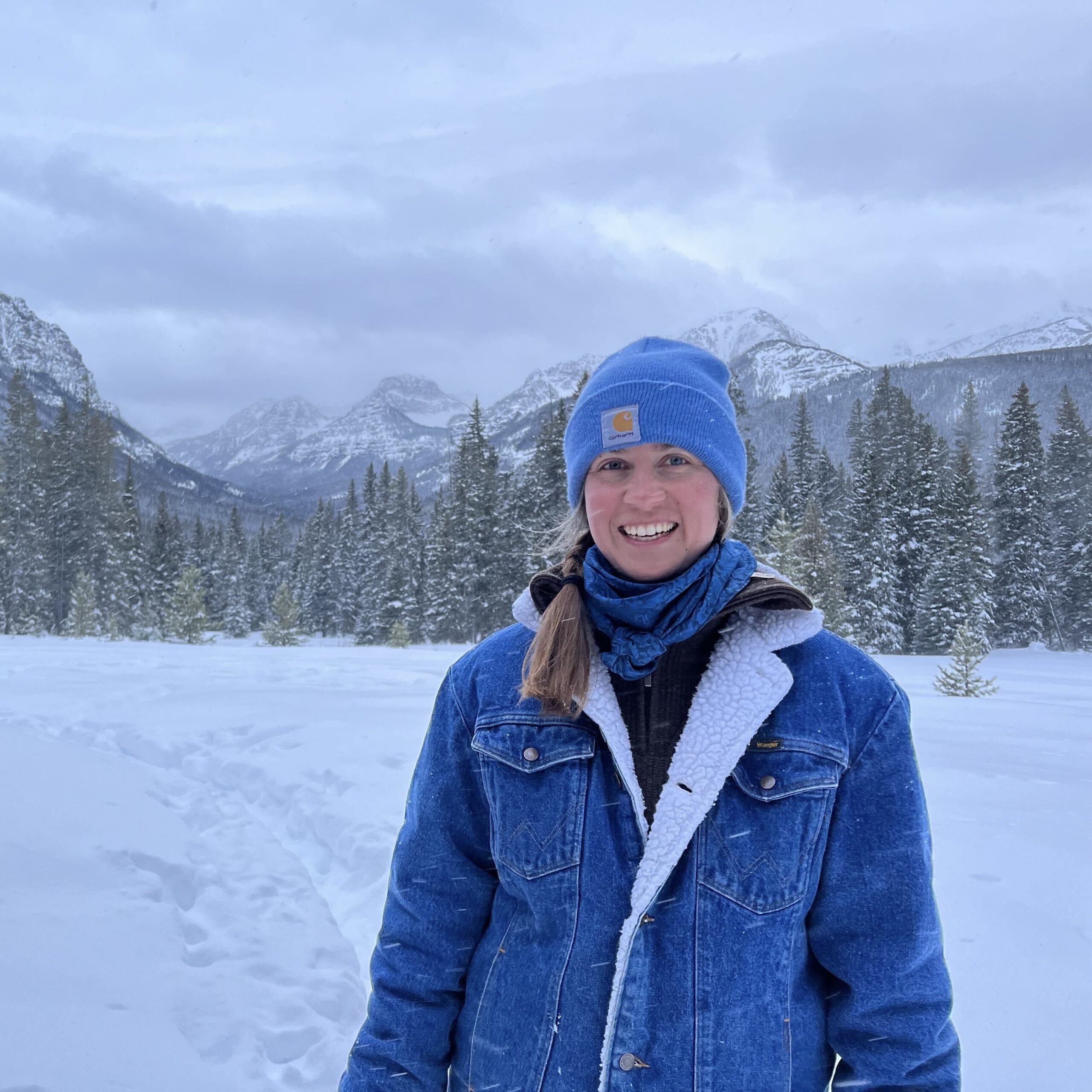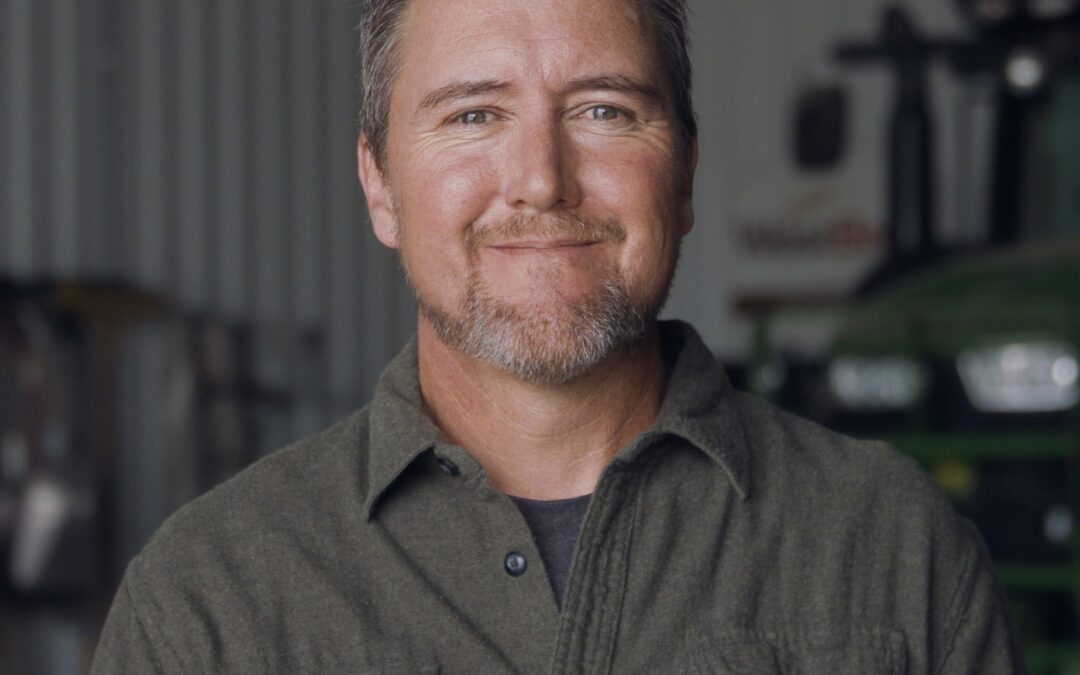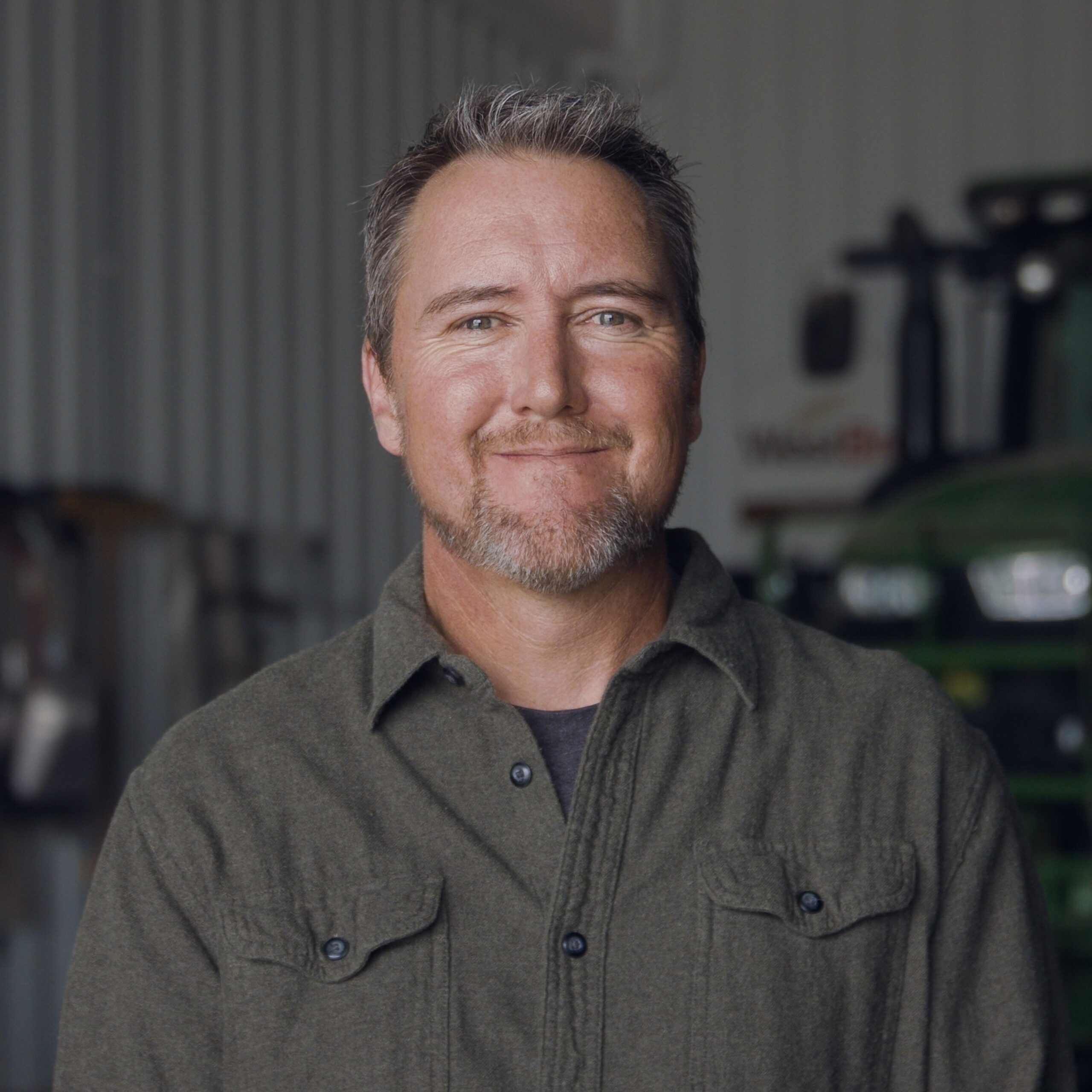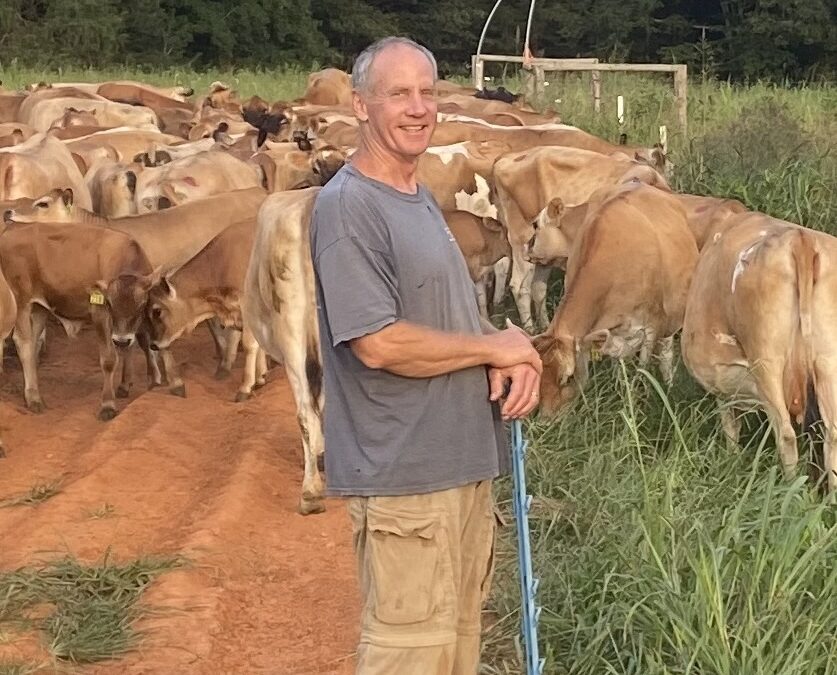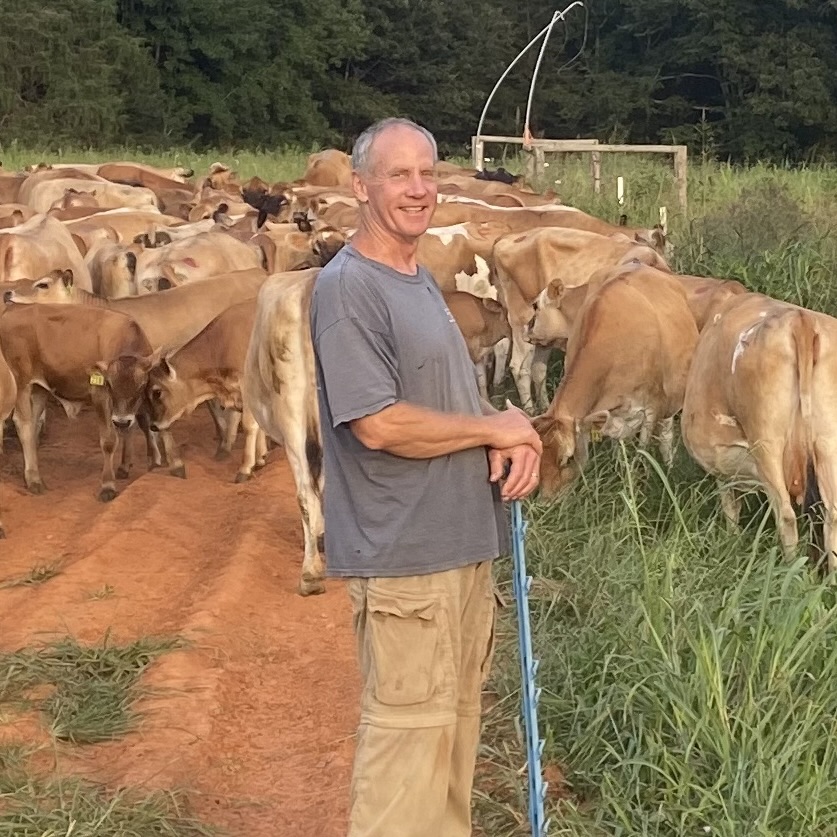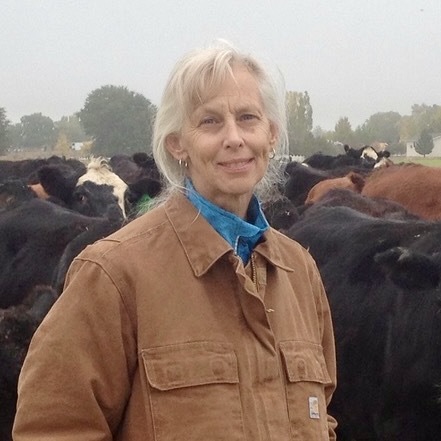AUTHORED BOOKS
Hubert Karreman. Four Seasons Organic Cow Care Acres, USA, Austin, TX, 2016. (Soft cover, 235 pgs.)
Hubert J. Karreman. The Barn Guide to Treating Dairy Cows Naturally Acres USA, Austin, TX, 2011. (Soft cover, 191 pgs.)
Hubert J. Karreman. Treating Dairy Cows Naturally: Thoughts and Strategies 2nd ed. Acres USA, Austin, TX, 2007 (Hardcover, 412 pgs.)
INVITED CHAPTERS
Improving Animal Welfare, 3nd edition (Chapter 12) (Temple Grandin, ed.) CABI, 3rd edition, 2021)
Current Veterinary Therapy, Food Animal Practice (Chapter 100) (Anderson and Rings, eds.) Elsevier, 2008
Veterinary Herbal Medicine (Chapter 23) (Wynn and Fougere, eds.) Mosby, 2007.
Global Development of Organic Agriculture (Halberg, Alroe, Knudsen and Kristensen, eds.) CABI, 2006.
Alternative Livestock Health Practices (Chapter 9) (Morrison and Kielty, eds.) Blackwell Scientific, 2005.
JOURNAL ARTICLES
U.S. Sorge, A. Bastan, H. Karreman Interest of Bovine Practitioners in Complementary and Alternative Veterinary Medicine in 2006 and 2010. ARAVS Vol 2 [1 and 2] 2015.
Tunick, Michael & Paul, Moushumi & Ingham, Elaine & Karreman, Hubert & Hekken, Diane. (2015). Differences in milk characteristics between a cow herd transitioning to organic versus milk from a conventional dairy herd. International Journal of Dairy Technology. 68. 10.1111/1471-0307.12255.
Cross AS, Karreman HJ, Zhang L, Rosenberg Z, Opal SM, Lees A. (2014) Immunization of cows with novel core glycolipid vaccine induces anti-endotoxin antibodies in bovine colostrum. Vaccine. 2014 Oct 21;32(46):6107-14.
Pinedo P, Karreman H, Bothe H, Velez J, Risco C. (2013) Efficacy of a botanical preparation for the intramammary treatment of clinical mastitis on an organic dairy farm. Can Vet J. 2013 May;54(5):479-84.
Karreman, H J. (2010) Disease control on organic and natural cattle operations. Animal Health Research Reviews 10(2); 121–124.
Karreman, Wentink, Wensing (2000) Using Serum Amyloid A to Screen Dairy Cows for Sub-clinical Inflammation. Veterinary Quarterly; 22: 175-8.
Graczyk, Evans, Shiff, Karreman, Patz. (2000). Environmental and Geographical Factors Contributing to Watershed Contamination with Cryptosporidium parvum Oocysts. Environmental Research; 82, 263-271.
PEER-REVIEWED ABSTRACTS
Griswold, K., H. Karreman, S. Dinh, and J. High. (2008) Effects of nutrition and feeding management on production, health and culling by organically-managed dairy herds in Southeastern Pennsylvania. JDS 91(E-Suppl.1):134.
Griswold, K., H. Karreman, and J. High. (2008) Effect of calving scheme, seasonal vs. year-round, on production, reproductive performance, and culling by organically-managed dairy herds in Southeastern Pennsylvania. J. Dairy Sci. 91(E-Suppl. 1):469.
Griswold, K., H. Karreman, and J. Mylin. (2007) Best management practices to improve milk quality and udder health in organically-managed dairy herds in Southeastern Pennsylvania. J. Dairy Sci. 90(Suppl. 1):164.
Griswold, K., H. Karreman, and J. Mylin. (2007) Effect of management type, conventional versus organic, on production, health and culling in Southeastern Pennsylvania dairy herds. J. Dairy Sci. 90(Suppl. 1):582.
POPULAR PRESS
Griswold, K. E. and Karreman, H J. Make the Most of Your Organic Milk Quality Tool Box (Hoard’s Dairyman, 2008)
Karreman H J. Can Cows on Organic Dairy Farms Compete? (Hoard’s Dairyman, 2003). WD. Hoard & Sons, Co. Vol. 148, No. 12 p.453.
Many articles in the organic dairy popular press (NODPA, GRAZE, etc).
